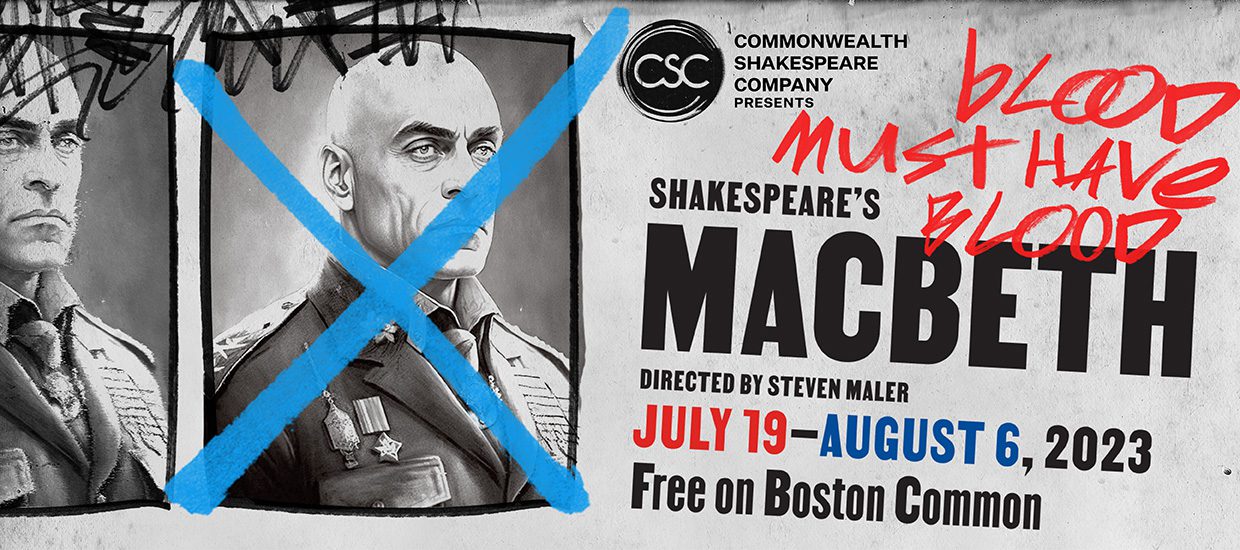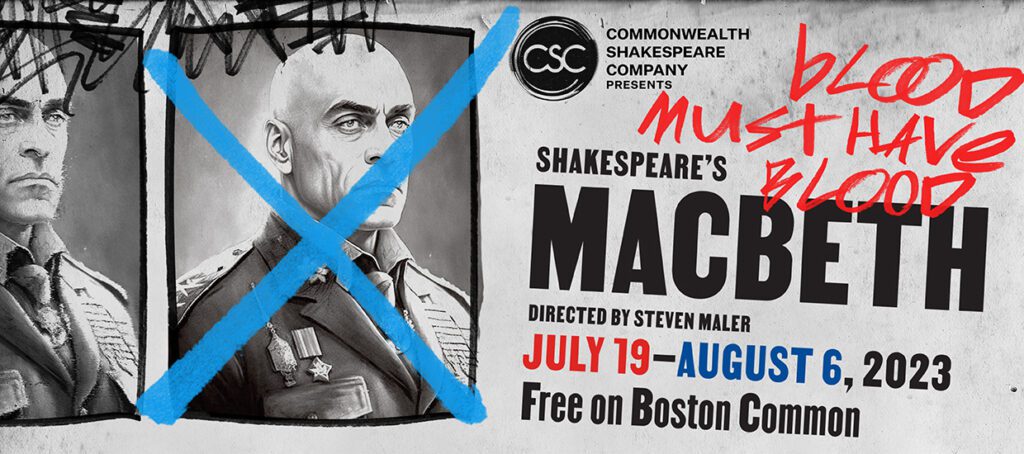Mean People and Their Stories

-
Mean people, The Book Review
I am a sucker for contests. Most summers, I have tried to win the Somerville Library Summer Reading Challenge. This year, it led me to a best seller that baffles me. On Goodreads, I wrote:
This is the kind of book that makes me wonder how I can be so out of tune with the American reading audience. This book was wildly popular. It was made into a movie. Oprah picked it. I heard the author interviewed recently, and he sounded compassionate and wise about people. Why did I read it? I had a goal of reading a best seller that was turned into a movie (for the library contest), so I chose one of Dubus’s books.
This book just sucked. It gets three stars because it read like something worth reading.
Everyone in it sucked. The conditions of their lives sucked. People were harmed, unintentionally, intentionally, and just because they were there.
(Summary without spoilers):
The set up of two parties having rightful claim to the same house is just a plot device. The plot begins with a bureaucratic error that could not have possibly happened. Tax lien evictions would not happen the way that it is shown in the book. The reason for the eviction and the money that changed hands would never have happened that way. Foreclosure auction sales are not held on the day of the eviction. (That’s all I can say without spoilers).
All the viewpoint characters are beautifully written, showing each one’s viewpoint. However, each has a deep character flaw (or two) that makes the tragic story happen. And worse – some people are ruined along with the ruination of the viewpoint characters.
So, if you like stories where flawed people run right into the bomb explosion of their flaws — harming everyone in their path — enjoy this book. I didn’t.
2. Mean people, the play
A couple of weeks ago, I went to see Macbeth, done by Commonwealth Shakespeare Company. The book I just finished reminds me of this plot. However, Macbeth manages a few comic bits, has staging, and shows motivation for the political hubris that brings down Macbeth and his Lady.
In this production, the murder of the MacDuffs is horrifying, without any blood being depicted. That’s the art of theater. The director showed horrible without showing blood and gore. After that, Lady Macbeth was directed to show heart-breaking remorse for her actions (during the famous nightmare scene). As an audience member, I saw and felt how the magnitude of what she had done had broken her.
It was a wonderful production for this and other reasons.
Point to ponder:
There was no pathos in the popular book I just finished. The viewpoint characters hold on to their self-righteousness to the very end. Regret does not seem to get a hold. Is that what made this book popular with a modern audience? Is this how it ought to be? In older works, like Macbeth, characters show their flaws, and some express regret. The quality of that regret makes good theater.
There is a human fascination for watching tragedy. There are things to be learned from other people’s tragedies. Audiences can see the harm of certain actions – to others as well as to the characters themselves. They see the downfall of people from those deadly sins: sloth, gluttony, lust, greed, pride, envy, wrath. Maybe audiences see themselves in the characters and can turn to better actions. Maybe, they just get to feel better than someone else.
In any case, when characters who do evil continue to the end — convinced of their righteousness — I am left unsatisfied with the plot. If that makes me out of sync with American readers, so be it.

